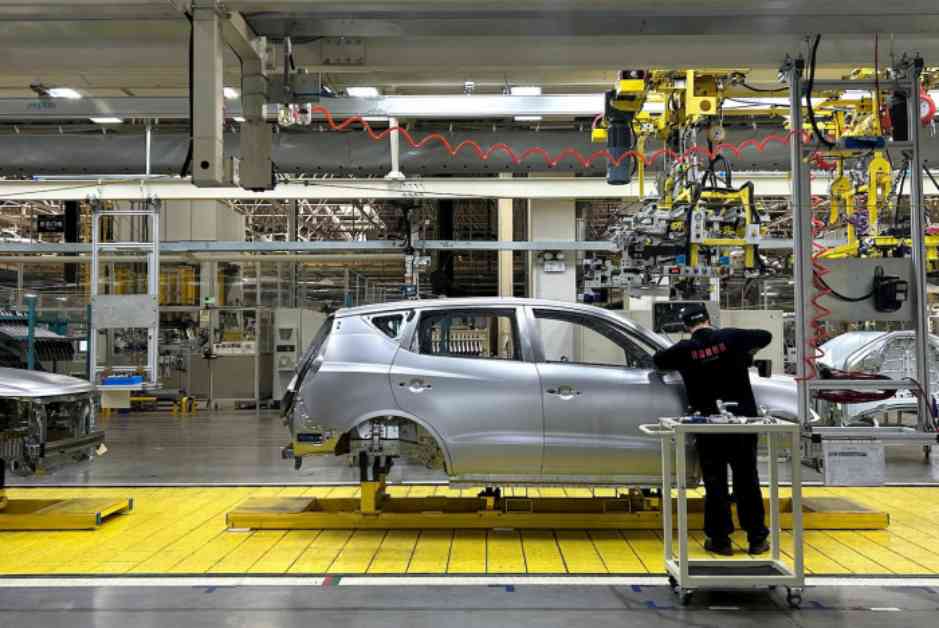China Warns Automakers of Overseas Risks: Key Considerations for Global Expansion
In a recent development, China’s commerce ministry has issued a warning to the country’s carmakers regarding the potential risks associated with investing in auto-related ventures overseas. This advisory comes as Chinese companies look to expand globally in response to the slowing growth of their domestic market. During a meeting held in early July, the ministry advised local car manufacturers to exercise caution in their investment decisions, particularly in certain regions.
Specifically, the ministry recommended against investing in countries such as India, Russia, and Turkey, citing various reasons for each location. In the case of India, strained relations between the two countries following a military clash on the Himalayan border in 2020 have led to increased scrutiny of Chinese investments by the Indian government. As a result, Chinese state-owned SAIC Motor Corp Ltd has faced challenges in its operations in India, prompting the company to seek Indian investors to create a more favorable operating environment for its MG brand.
In Russia, Chinese-branded cars have witnessed a rise in presence as western automakers have scaled back their operations due to sanctions. Chery, a Chinese automaker, is currently in discussions with Russian manufacturers about the possibility of producing cars in Russian plants. This move reflects the growing interest of Chinese companies in expanding their footprint in international markets.
Meanwhile, the ministry also advised carmakers to consider establishing overseas factories for final vehicle assembly using knocked-down components exported from China. This strategy aims to mitigate potential risks arising from geopolitical issues in various regions. However, no specific guidance was provided regarding the retention of core electric vehicle technologies within China, highlighting the complex considerations faced by companies in the rapidly evolving automotive industry.
As Chinese automakers continue to navigate challenges such as overcapacity and softening demand in the domestic market, international expansion has become a key strategy for sustaining growth. Efforts to increase sales in major auto markets like Europe and the United States have been met with challenges, including higher tariffs on electric vehicles. In response, companies are exploring different approaches to overseas expansion, from independent operations to strategic partnerships with local firms.
For example, Geely, China’s second-largest automaker, is exploring potential locations for a plant in Europe but has not yet committed to full-scale local production. Instead, the company is weighing its options carefully to ensure a successful entry into the European market. On the other hand, companies like Leapmotor have opted to collaborate with established players, such as their joint venture with Stellantis for EV production at the automaker’s Polish plant.
In conclusion, the warning issued by China’s commerce ministry underscores the importance of careful planning and risk assessment for automakers seeking to expand globally. By heeding the advice provided and considering factors such as geopolitical tensions, market conditions, and regulatory environments, Chinese car manufacturers can make informed decisions that support their international growth objectives. As the automotive industry continues to evolve, staying abreast of emerging trends and adapting to new challenges will be essential for success in the global marketplace.


















